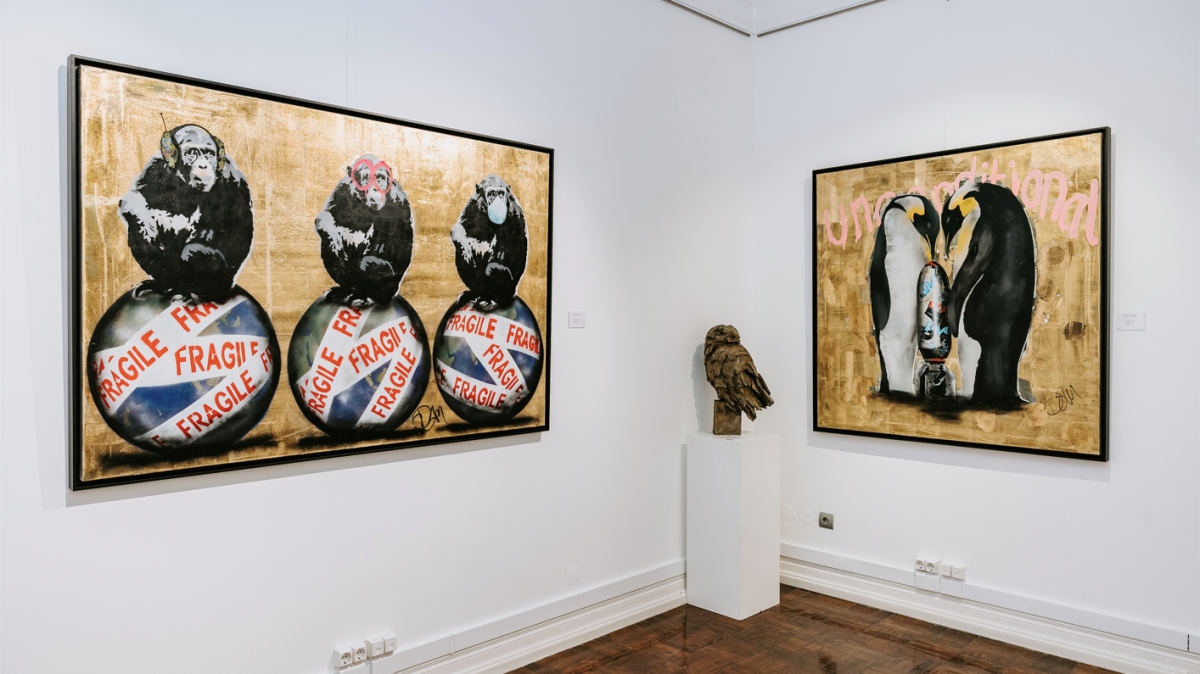SOS Oncológico – Algarve Palliative Care Community Team and Unit will celebrate its second anniversary in February 2016.
It was established with the objective of providing support and information – legal, educational, emotional, practical and financial – to cancer patients and their families, as well as also aiming towards providing in-home palliative care.
Since its founding in February 2014, the Lagoa-based association has helped handfuls of families every month with a variety of requests, and that number is growing.
Requests have come not only from across the Algarve but also from as far away as Leiria, proving the demand for, and a lack of, such support.
“Some people think that to ask us something or to use our services they have to be members of the association, but they don’t. We’re open to enquiries from anyone and will help in whatever way we can”, explains Maria João Santos, President of SOS Oncológico.
All of SOS Oncológico’s services are free of charge although donations to keep the association afloat are welcomed should families be in a position to give them.
They provide information on , for example, what benefits are available for cancer patients and how to access them as well as practical help, like sourcing wigs, and financial support for cash-strapped families struggling with the cost of medicines.
It is the association’s ultimate goal to be able to provide in-home care to palliative patients in a region where such a service is greatly needed.
The theme for this year’s World Hospice and Palliative Care Day, which takes place on 10 October, is ‘Hidden Lives / Hidden Patients’, a theme that aims to highlight “patients living in unique conditions who often struggle with access to palliative care, including children, LGBT individuals, HIV prisoners, soldiers and those living in rural settings.”
This is a theme that is relevant to Portugal, according to Maria João Santos, as “shame and embarrassment” linked to cancer and its consequences often prevents people from coming forward to seek support.
“The fear of accepting they have the illness holds people back”, she says.
The Algarve currently has 25 hospital beds for palliative care patients; 10 in Portimão Hospital and 15 in Faro, and has two greatly stretched community teams, one at either end of the region, providing home-support.
“The big problem is the lack of a support network that enables patients to stay at home if that is their wish. What we see today in most situations is that, even though from a clinical point of view the patient has the conditions to be able to stay at home if that is their expressed will, they cannot because the families do not meet the economic requirements to support charges related to hiring a care-giver, to support the patient in their absence (during working hours)”.
Financial woes that limit free transport to and from treatment sessions are another problem that the association frequently comes across.
To achieve its goals the association is appealing to the population for support, particularly financial, to secure a new premises from where it can offer and build on its services.
SOS is searching for somewhere where patients can be welcomed and offered such as counselling and information sessions, where workshops and conferences can be held, a small charity shop can be set up, and training can be given to future carers.
Three years ago the association was granted council premises for its headquarters by Lagoa Town Hall, “for which we are very grateful”, but unfortunately issues such as humidity, peeling paint, a broken window and shutters, a steep staircase and a pungent smell caused by damp – issues which were brought to the council’s attention but have still to be fixed – have rendered the small room inadequate for the association’s purposes.
With no other options immediately available to them the donation-dependent SOS has been left with little choice but to find and foot new premises off its own back.
A series of rallies and fundraising events are in the planning.
“We need a bigger space with better conditions but unfortunately that means we are going to have to sustain it financially by ourselves”, Maria João Santos concluded.
For more information or to make a donation, call: (+351) 962 325 862, email: m.deus@sosoncologico.pt, or geral@sosoncologico.pt.
Algarve association highlights need for palliative care in region
in Algarve · 08 Oct 2015, 12:49 · 0 Comments








